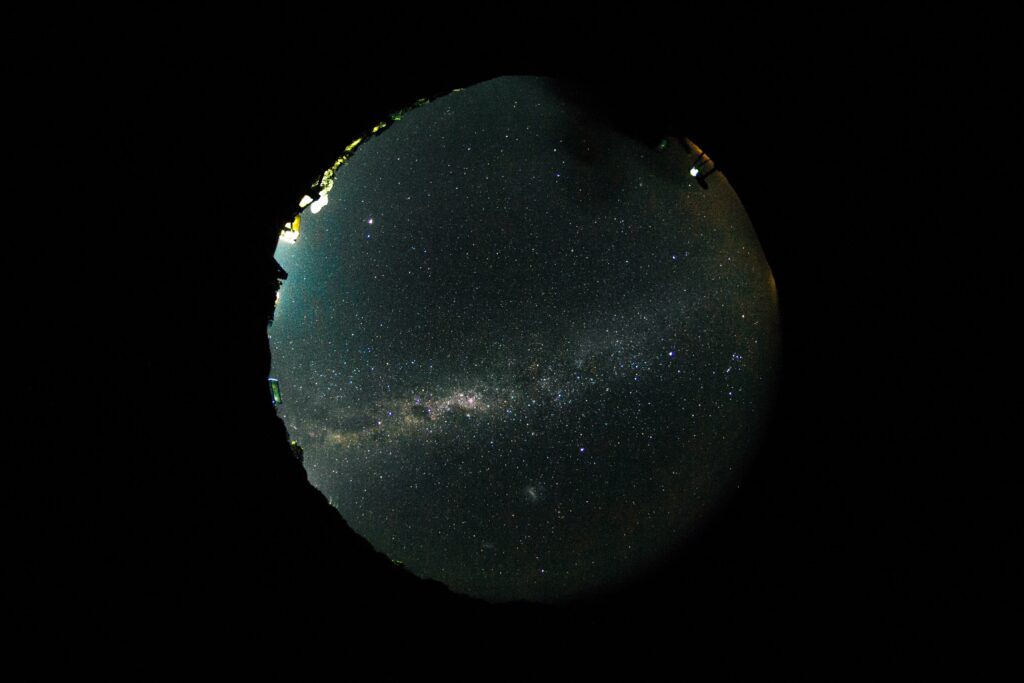This was her story, until it wasn’t:
The boy’s name was Roy. Sometimes they dripped their toes into the Cimarron, the smell of cicadas and catfish drenched them, his fingers like ants across the cracked earth toward hers. Nothing to see but sky sky sky. So big she dreamed of trees instead of prairie, for creeks instead of rivers.
Was it love or the stupidity of it, how she felt when he would jump into the river. The water low and thick, running his hand along the bank below. When he came to a hole, he’d shove his hungry arm in it, hoping he might put it down a catfish’s throat. If it were the other boys she’d been with, it might be a snapping turtle or a water moccasin, but never for him. He came back with a fish every time. Lucky boy. Always got what he wanted.
He was one of six in a mud house at the foot of a rock formation called the Old Maid. To call it a house was generous except they could because mud held the rocks in place and thatch was a sort of roof. Dragged out to the corner of Oklahoma where they weren’t supposed to be by a rancher’s promise, but that was temporary, the father said. When the deed came through, the rancher would, too. They only had to survive a year.
She was the one who’d shown him how. How to spot rattlesnakes on the walk to school. How to take an iron to the walls to burn out the centipedes, his mother listening as their bodies crackled apart under the heat. They arrived as seven but this wasn’t country for small babies who should have made it but didn’t. This was what the prairie could be. This land could bring forth crops and nourishment, but it could just as soon bake everything living to solid clay. Still she held him until he soaked her with his tears, overhead the stars like rain their fathers begged for.
All the fathers talked about was rain rain rain. Too much or not enough. Her father ticked off three months waiting, each day a line in the earth made with his knife. One, two, three, four, a dagger across them for five. And then over again. Staring at the sky like he could will it to happen. Then one day it did: clouds boiled over and let loose fat raindrops across the prairie. Each clean spot on Roy’s face like a kiss. She could hear his six on the dirt floor of their house singing songs at night, clapping to the rhythm of rain on their roof. Wished she was there. Her father took the knife to the edge of his desk to mark the days of rain. Wondered if it kept coming how long until her the body of her mother, her lost siblings might float back to them.
In the morning they walked to school along the water furrows into the road. He cupped his hands and let them fill with rain so they could take a drink. There wasn’t anything so sweet. Later he would say you don’t forget the taste of rainwater when your throat’s been baked by sun, but hadn’t she said that first?
His father was the preacher. Hers the schoolteacher. By Sunday, men gathered in Roy’s front yard. First one or two, then a dozen, wrought hands and ashen hungry faces like men pulled from the grave. His father before them, just below the eaves, reading scripture through the driving rain as if it could change anything.
How she would tell it: it wasn’t his father but hers, a man with no use for religion, who showed up like brimstone. He cleaved the gatherers toward the road—a line of them, hands in their pockets and shoulders hunched to keep the rain from their faces. Each house they passed a new man coming out from the yard, a woman beneath the eaves as if she alone could anchor their mud house to the earth. It was like that three miles to the river, a line of thin-faced men and a smattering of wild boys—and her: Roy ahead, she alone.
They could hear the river long before they could see it. The bend they knew so well under three feet of angry water. The men stood above on a low hill. Tree trunks rolled through the rapids below. It was her father, not his, who pushed through them to the edge of the embankment. The river alive, roiling with fish and snakes that couldn’t keep up with the current. Flat, blue bellies of catfish spinning over one another and through the eddies.
She was the one who grabbed Roy’s hand, pushed through the men and their savage, hungry boys toward the river. Waded in knee-deep and pulled him in after. The current a hammer against her knees. On the bank her father calling to her, but this was purpose. A channel cat in her arms another sort of baby. She tossed it toward her father.
Fish birthed into her arms, their slick skin, rough whiskers, the cut of their fins on her hands as she tossed them to bank, into the arms of men. The fish midwife. Roy beside her pulling away the black moccasins, their white mouths, bared fangs, bodies twisting toward her. The boys on the bank lined up to take the clobbered fish home to their sisters, the sisters nothing more than blades waiting. The girls another part of the story altogether, the part no one remembered.
—
Natalie Teal McAllister is a fiction writer based in Kansas City. Her short fiction appears in Best Microfiction 2020, Glimmer Train, Passages North, No Tokens, Pleiades, The Normal School, CRAFT, and SmokeLong Quarterly, among others. Natalie spends her writing hours engulfed in several novels and assorted strange stories.
Photography by: Yong Chuan Tan
